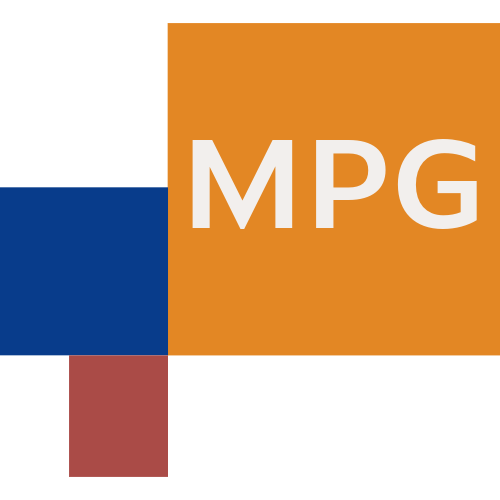menu
menu
Menu
cancel
- arrow_back_iosBacknavigate_nextpersonPersonal
- groupCommunities
- articleBlogs
- eventEvents
- sourceTemplates
- question_answerQuestions
- schoolLearning
- business_centerBusiness
- live_helpFAQ
How can organizations measure the impact of ethical leadership on employee morale and overall organizational performance, and what metrics or indicators are most useful in assessing this impact?
What are the key components of an effective compliance program within an organization, and how can these components help mitigate legal and regulatory risks?
How can technology, such as compliance software or automated monitoring tools, enhance an organization’s ability to maintain regulatory compliance and ensure adherence to industry standards?
What are the potential consequences for an organization that fails to comply with applicable laws and regulations, and how can these consequences impact its reputation and operational capabilities?
What are the key principles outlined in the Donor Bill of Rights, and how do they ensure transparency and accountability in nonprofit organizations?
How can organizations effectively communicate with donors to ensure their preferences and privacy are respected regarding the use of their personal information and donations?
What measures can donors take to verify the legitimacy of a nonprofit organization and ensure their contributions are used ethically and responsibly?
What are the key benefits of executive coaching for both individual leaders and the organizations they work within?
How does executive coaching differ from other types of professional development, such as mentoring or traditional business training programs?
What qualifications and characteristics should one look for when selecting an executive coach to ensure a successful coaching relationship?
